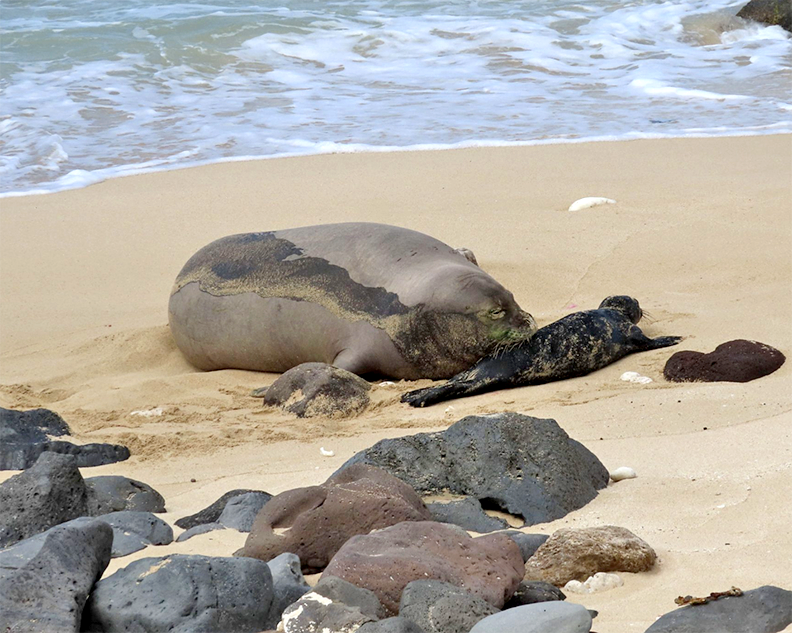
Sound impacts taste. Photo by Jan TenBruggencate
by Jan TenBruggencate
Does fish and poi taste different to the sounds of “Hi`ilawe” than it does to the sound of car traffic, or perhaps Janis Joplin’s “Summertime?”
There is evidence that it does.
Sound impacts taste. Not only whether you like it, but how it tastes, and how long you’ll linger over it.
The evidence is that it’s a complex mixture. Not just music, but what kind of music, the tempo, and simply how loud it is.
A team of Dutch and British scientists reported that if the noise is loud, you just don’t taste things as much. They had people eat salty, sweet and crunchy foods. In the presence of loud white noise, they didn’t perceive the tastes as much—the salt and sweet—but interestingly, they found crunchy foods crunchier.
When there was no noise or less noise, they enjoyed their food more. If people liked the background sound, they were more likely to like the food, too, said that 2011 report, “Effect of background noise on food perception,” in the Food Quality and Preference Journal.
There is also evidence that the kind of music you’re listening to actually changes your perception of what you’re eating or drinking.
The August 2012 British Journal of Psychology reported on a test of wines tasted to music. It turned out that folks listening to heavy Russian choir music described their wines as “powerful and heavy,” while those drinking the same wines to quick, light guitar music described them as “zingy and refreshing.”
Looking at the issues slightly differently, the August issue of the journal Psychological Reports included a study that found that at a fast food restaurant, softer light and music caused people to eat fewer calories, but to report that they enjoyed the food more.
Hard to beat. Less is more.
Researchers from Cornell and the Georgia Institute of Technology Recent said they already knew that lighting and music impacted dining behavior in the laboratory, and decided to try it at a fast food restaurant.
“The results indicated that softening the lighting and music led people to eat less, to rate the food as more enjoyable, and to spend just as much… this suggests a more relaxed environment increases satisfaction and decreases consumption,” the authors wrote.
Willie Nelson will sometimes take a normally slow song, and sing it fast. Will changing the tempo alone have an impact on eating? There’s a report that it does.
A seminal piece of gustatory science, entitled, “Play that one again: The effect of music tempo on consumer behavior in a restaurant,” was published back in 1999. They found that folks would spend more money and linger over a meal eaten in the presence of slow music—and spend less time if the music were faster.
One message to restaurateurs is perhaps clear: If you want to turn those tables over quickly, turn up the tempo; if you want to increase the size of the checks, slow it down.

Jan TenBruggencate
Jan TenBruggencate is a beekeeper, an author and the former science writer for The Honolulu Advertiser. He operates a communications company, Island Strategy LLC. He serves on the board of the Kaua’i Island Utility Cooperative and on the County Charter Review Commission.
Discover more from ForKauaiOnline
Subscribe to get the latest posts sent to your email.




Leave a Reply